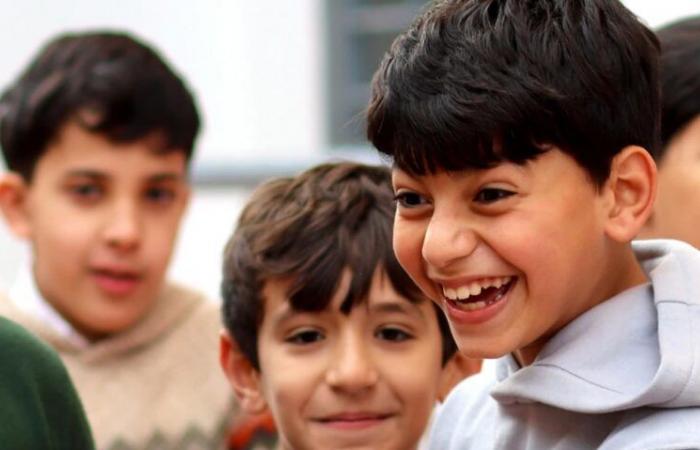Although this decision was welcomed by some families, it was not to the liking of all the parents of students at the school, who felt that this increase in hours of lessons in Arabic would represent an additional burden for their children. , thus affecting the quality of their learning.
In response, they brought the dispute before the French courts to annul the decision taken by the establishment. It is in this context that a first judgment from the Paris administrative court ruled in their favor, before the French Council of State recently ruled on this question which sparked enormous debate.
Indeed, the Council decided in favor of adding two hours of Arabic language teaching per week for CE1 and CM2 students of the school affiliated with the French mission, emphasizing that these excesses of the weekly hourly volume total “must be considered as an adjustment to the organization of schooling […] and a way to strengthen cooperation with foreign education systems.”
The underbelly of discord
It should be noted that this decision comes in a particular context where Morocco, through its legislation, insists on the teaching of the Arabic language in foreign schools present on its territory. Indeed, according to article 31 of framework law No. 51-17 relating to the system of education, training and scientific research, foreign educational establishments in Morocco must teach the Arabic and Amazigh languages to all Moroccan children. enrolled in their classes.
“This requirement aims to promote the culture and national identity of Moroccan students, while respecting the bilateral agreements signed between Morocco and certain countries, governing the statutes of these educational institutions,” explains Mohamed Guedira, University Professor, policy expert educational and skills engineering, welcoming the decision of the French Council of State on the “André Chénier” case.
Mastering Arabic, a cultural and professional requirement
That said, the expansion of Arabic courses, as envisaged by the French missions present in Morocco, aims to provide students with key skills while preserving their common identity, according to our interlocutor. This approach is becoming more and more legitimate, especially when we consider that many students who continue their studies in France generally return to Morocco.
To succeed in their socio-professional integration, they must have the necessary tools to communicate and work effectively in Arabic, in addition to other foreign languages, particularly French and English. Hence the need, according to Guedira, to deploy measures to raise awareness of the importance of the Arabic language in schools and among families.
With this in mind, the OSUI – MLF Monde network is committed, in collaboration with UM6P, to designing innovative programs in English and French, while strengthening the learning of the Arabic language, which will occupy a more important place in the future programs of the network, as highlighted by Christian Masset and Jean-Marc Merriaux, respectively president and general director of OSUI, in a previous interview given to L’Opinion.






